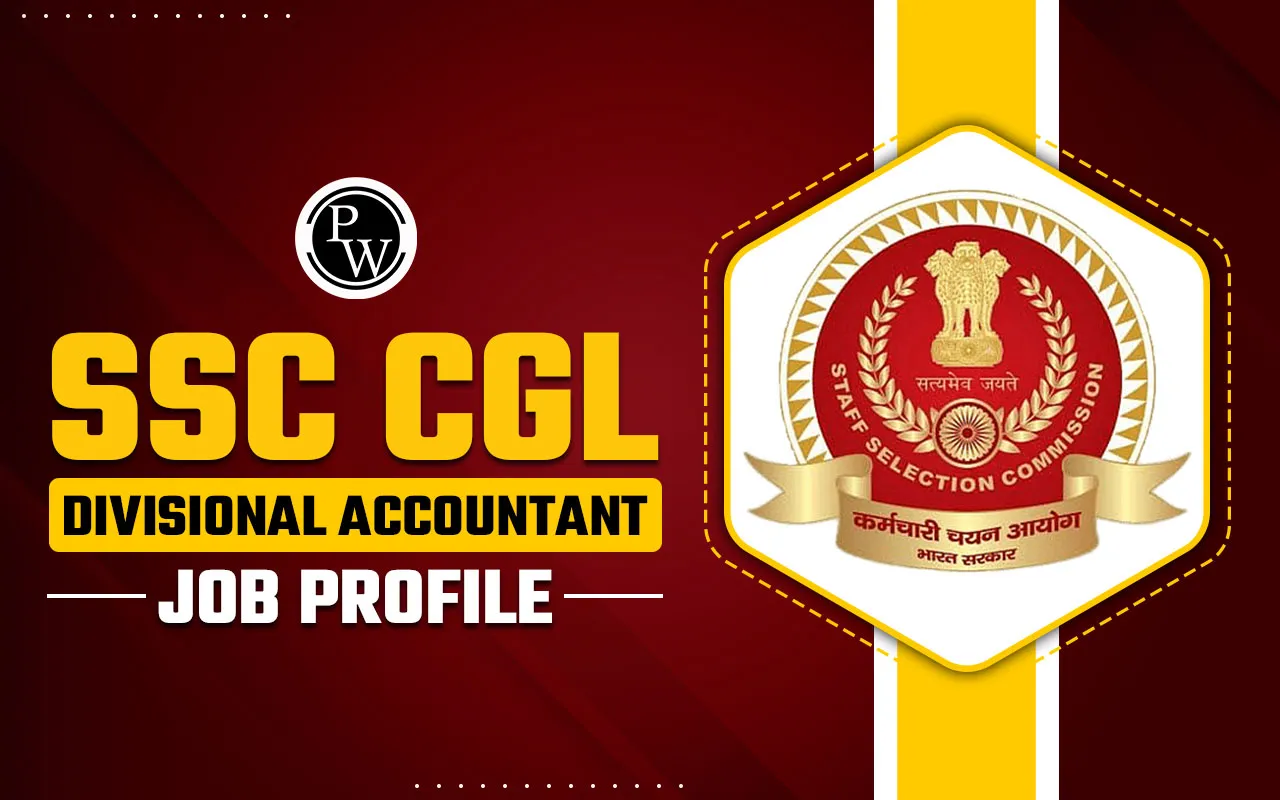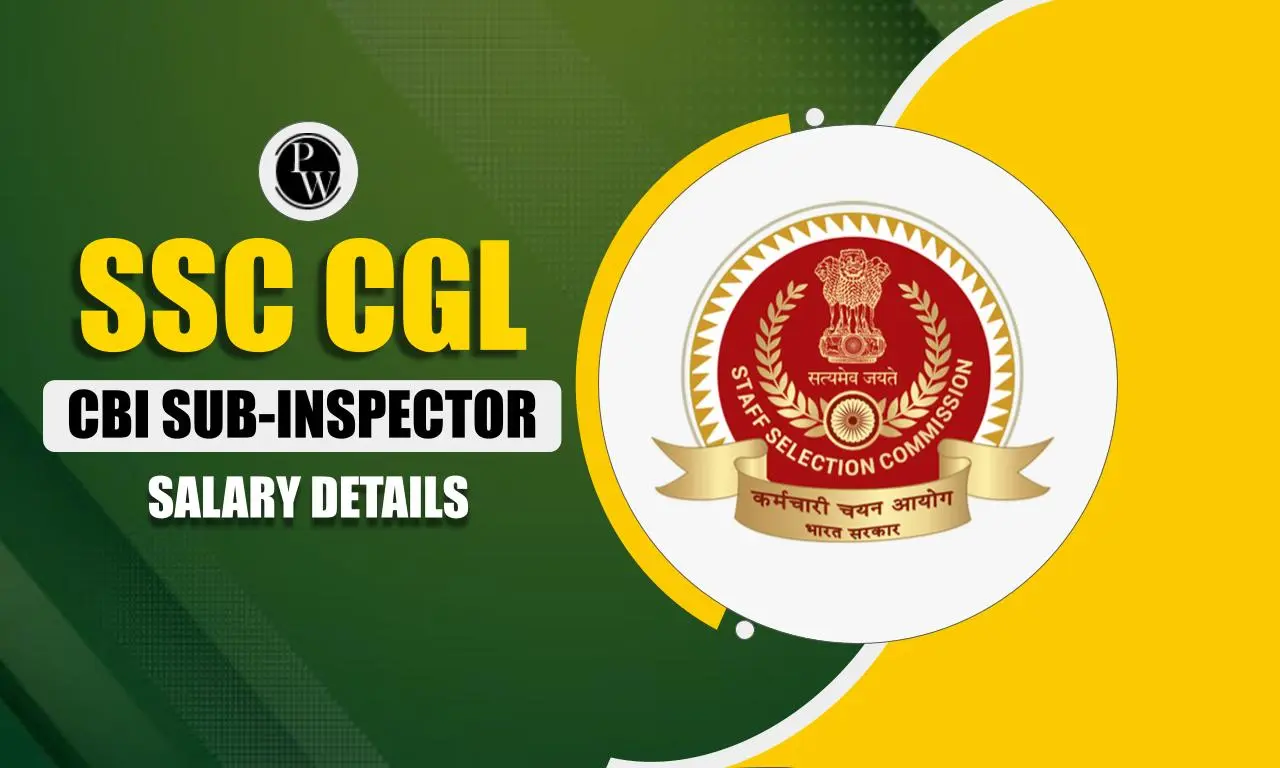
French Revolution: The French Revolution began in 1789 and concluded with Napoleon Bonaparte's rise to power in the late 1790s. It was a important moment in modern European history. This period witnessed the French citizens completely reshaping their country's political landscape by dismantling age-old institutions like absolute monarchy and the feudal system. It was a time of significant social and political uprise in France and its colonies, spanning from 1789 to 1799. Fueled by liberal and radical ideologies, the Revolution's overthrow of the monarchy also contributed to the decline of absolute monarchies in other parts of Europe.
French Revolution
The French Revolution was a major movement in Europe where the government wanted to change from an all-powerful king to a king who followed rules. But in some parts of France, certain people gained a lot of power and ruled in their own way. So, it was a time when the control of the country shifted in a big way. During the French Revolution, France went through big changes in how its government and society worked. It ended with the French Revolution ending in 1799. What happened during this time in France is seen as really important for how democratic countries work today. If you're preparing for government exams, learning about the French Revolution is a good idea.French Revolution History
The French Revolution, from 1789 to 1794, began due to financial struggles and discontent with the monarchy. On July 14, 1789, people stormed the Bastille in Paris. King Louis XVI's attempts to escape and refusal to reform led to his trial and execution in 1793. The revolution grew increasingly violent, with widespread executions of perceived enemies of the Republic.French Revolution Causes
Intellectually, during the 18th century, French thinkers started questioning the idea that kings had the right to rule just because of divine authority. Philosophers like Rousseau argued for equality among people and said that the power should belong to everyone, not just the rulers. They played a big part in showing the problems of the old system and in expressing what the common people were feeling.Social
In late 18th-century France, there was a huge gap between different groups of people. The clergy and nobility were the most privileged—they didn't have to pay taxes to the government. But the majority, the Third Estate, made up of peasants and workers, faced heavy taxes and had no say in society. This unfairness made them very unhappy.Economical
France was in trouble because of wars and poor ways of collecting money. The rich didn't have to pay taxes, so the burden fell on the Third Estate, making life even harder for them.Political
The king, Louis XVI, ruled with a lot of power but wasn’t strong in leadership. He lived a lavish life while many people struggled with poverty and hunger. This made a lot of people angry.French Revolution Stages
The French Revolution was divided into 5 Stages which are discussed below:Stage I – The meeting of the Estates-General
- In the Estates-General, nobles could outvote regular people despite being fewer.
- The Third Estate demanded fair voting, sparking conflict with nobles.
- Arguments over voting led to chaos, undermining the king's authority.
- The Third Estate formed the National Assembly on June 17, 1789.
- They vowed to stay until reforms were made, forcing Louis XVI to merge the groups.
Stage II – The French Revolution Begins
- The National Assembly met in Versailles while fear and violence engulfed Paris.
- Storming of Bastille on July 14, 1789, marked the beginning of French Revolution.
- Peasants revolted, targeting tax collectors and aristocrats' homes.
- The upheaval led nobles to flee during the Great Fear.
- Significant changes, including ending feudalism, were made by the National Assembly on August 4, 1789.
Stage III – Declaration of Rights of Man
- In 1789, France's National Assembly agreed on the Rights of Man and of the Citizen, inspired by thinkers like Jean-Jacques Rousseau. This declaration, based on democratic ideas, was announced on August 26.
- On September 3, 1791, a new French constitution was adopted, aiming to limit the king's authority and empower a moderate assembly. However, radicals like Maximilien de Robespierre pushed for the king's trial and a more republican government.
Stage IV – Reign of Terror
- The French Revolution turned extreme when rebels attacked the royal palace, capturing Louis XVI on August 10, 1792.
- The next month, many perceived opponents of the revolution were killed in Paris, including moderates.
- National Convention replaced monarchy with Republic of France, & Louis XVI was executed for treason on January 21, 1793.
- Marie Antoinette (His wife), was executed nine months later.
- The king's death marked the start of the Reign of Terror, led by Robespierre, resulting in thousands being executed.
- The Reign of Terror ended with Robespierre's execution on July 28, 1794, leading to a more moderate phase known as the Thermidorian Reaction, where people rebelled against excessive violence.
Stage V – End of the French Revolution
- In 1795, France was unstable, and the National Convention created new rules, forming a two-part parliament called the Directory.
- The Directory took control but faced issues with corruption and financial troubles. They relied heavily on the army, led by Napoleon Bonaparte.
- Napoleon seized power from the Directory, declaring himself the "first consul," ending the chaotic phase of the French Revolution.
- This marked the beginning of Napoleon's rule and France's expansion across Europe.
French Revolution Significance
The French Revolution, despite its flaws, is seen as a crucial moment in modern history. It brought in new ideas based on liberalism, enlightenment, and democracy. These ideas spread across Europe thanks to the French armies, which fought wars to protect the Republic. This movement inspired regular people in Europe to rebel against their own kings and queens, creating a wave of revolutionary passion. Although most of these uprisings were forcefully stopped, they continued into the early 1800s. During this time, many absolute monarchies in Europe fell.Role of Women in French Revolution
Women played an important role in the French Revolution by actively participating in protests and political activities despite having limited rights. They demanded equal political rights, including the right to vote and hold office. Women formed political clubs, wrote newspapers, and took part in events like the Women's March on Versailles to raise their voices. Although their efforts led to some early legal reforms, women faced harsh suppression during the Reign of Terror, with many political clubs closed and activists arrested or executed. Their struggle for equality continued for many years after the Revolution.
Napoleon’s Rise
In 1795, the National Convention in France created a new government structure by forming a two-part parliament and a group of five leaders called the Directory to run the country. Many people were unhappy with these changes, but Napoleon Bonaparte gained control of the army and stopped the opposition. The next few years were difficult with money problems and weak leadership, as power shifted more to military leaders. Finally, in 1799, Napoleon took full control as the "first consul," marking the end of the French Revolution and the start of France’s rise as a powerful nation during the Napoleonic era.French Revolution Impact
- End of Monarchy: The French Revolution ended the rule of kings and established democracy in France. This caused other countries to declare war on France and led to Napoleon Bonaparte coming to power.
- Political Parties: The revolution allowed different groups, like the Jacobins and Cordeliers, to form and influence the government. These parties criticized bad policies and helped keep the government connected to the people.
- Rise of Nationalism: The idea that a nation's interests are more important than any individual or group started with the French Revolution. It helped create modern nation-states and fueled nationalism across Europe.
- Changes in Land Ownership: Feudalism, which tied peasants to their lords and required them to pay a portion of their earnings to the church, ended during the revolution. This changed how land was owned and taxed.
- End of Bourbon Rule: A dynasty called the House of Bourbon had ruled France for centuries. The revolution put an end to their reign, though they briefly returned after Napoleon's defeat until being permanently removed in 1830.
- Declaration of Human Rights: The French government declared rights for people, including freedom of speech, religion, and the right to own property. These rights were safeguarded by a written constitution that separated the government's powers.
- Spread of Liberalism: The French Revolution promoted the ideas of equality and freedom. It removed the aristocracy and allowed all men to vote, marking the triumph of liberalism. Feudalism was officially abolished, emphasising liberty and equality for all.
Global Impact of French Revolution
The French Revolution had a huge impact worldwide. Many countries were inspired by its ideas, changing the course of history. People everywhere started standing up against kings who were too controlling. The French military helped spread the ideas of fairness and freedom all over the world. In the 18th century, the French completely changed politics and society and became a major force. By ending feudalism, the French Revolution opened doors for more personal freedom, fairer societies, and equality for everyone's life. To succeed in upcoming exams, candidates should consider exploring PW SSC Books We provide high-quality content at an affordable price, including sample papers, mock tests, guidance sessions, and more to ensure aspirants secure their selection. Also, enroll today on SSC Online Coaching to turn your dreams into reality.| Other Related Links | |
| Tiger Reserves in India | National Parks in India |
| Biosphere Reserves in India | Elephant Reserves in India |
French Revolution FAQs
Q1 What happened in the French Revolution and why?
Q2 What were the 3 main causes of the French Revolution?
Q3. What caused the French Revolution?
Q5. What ended the French Revolution?










